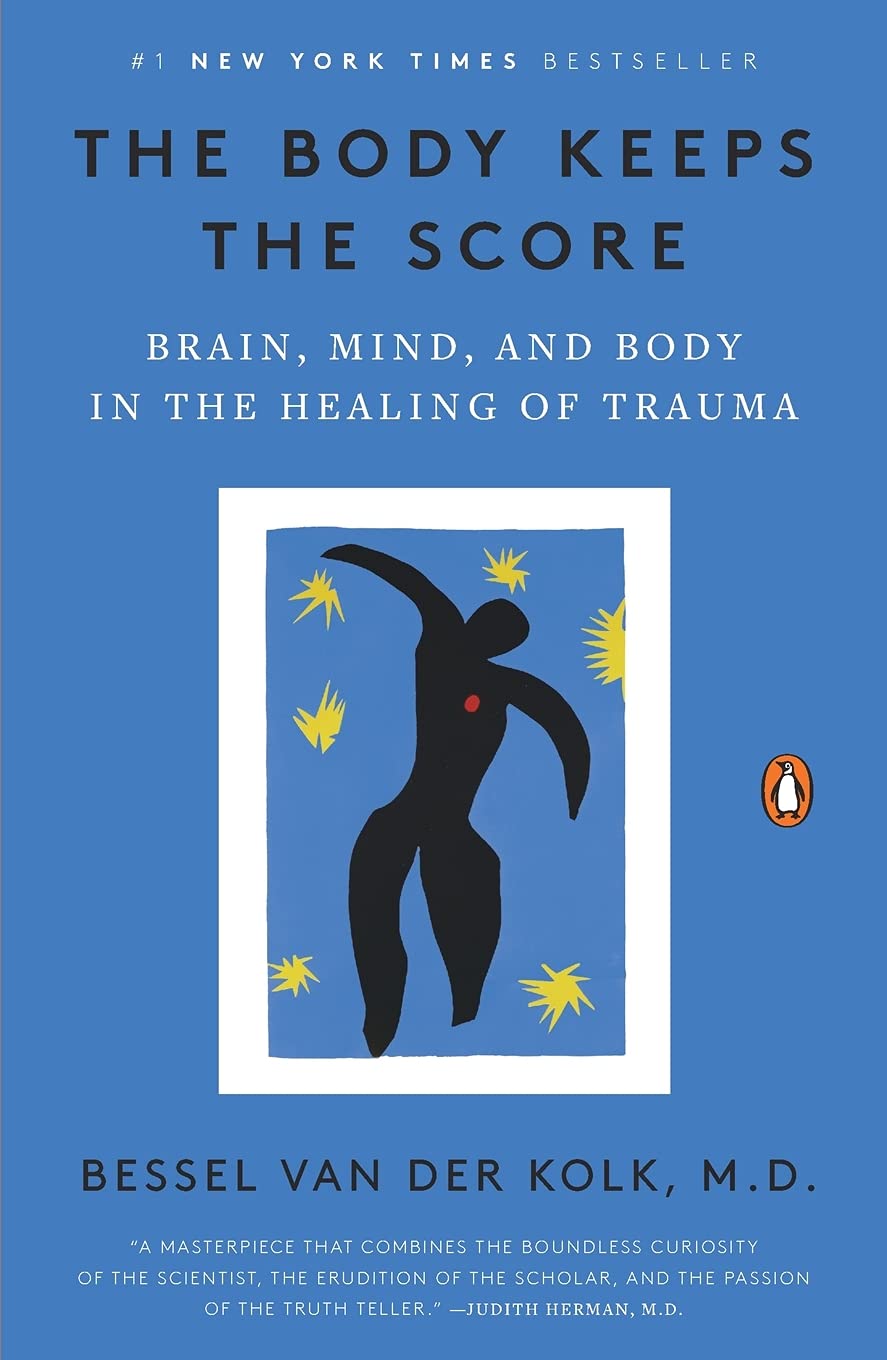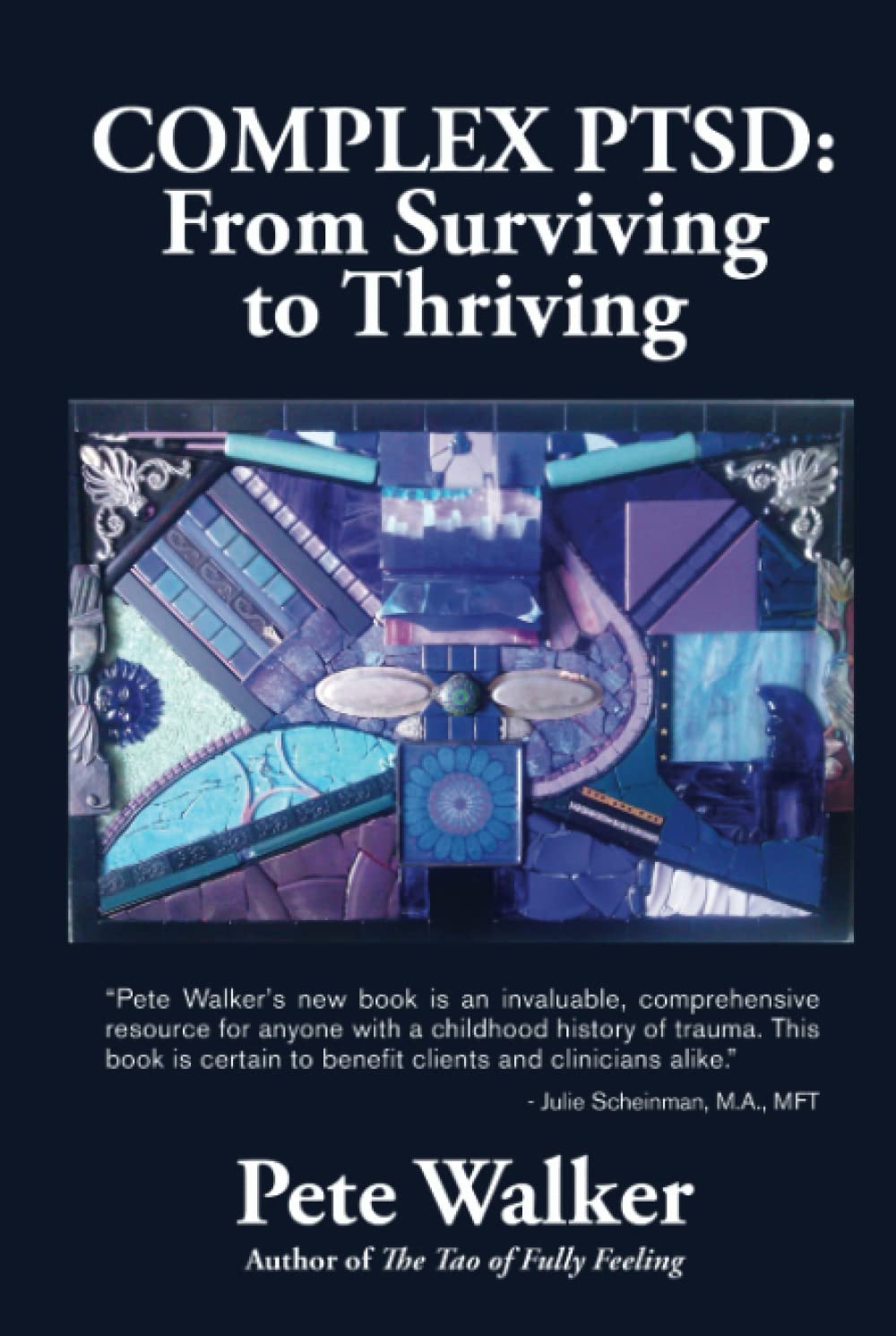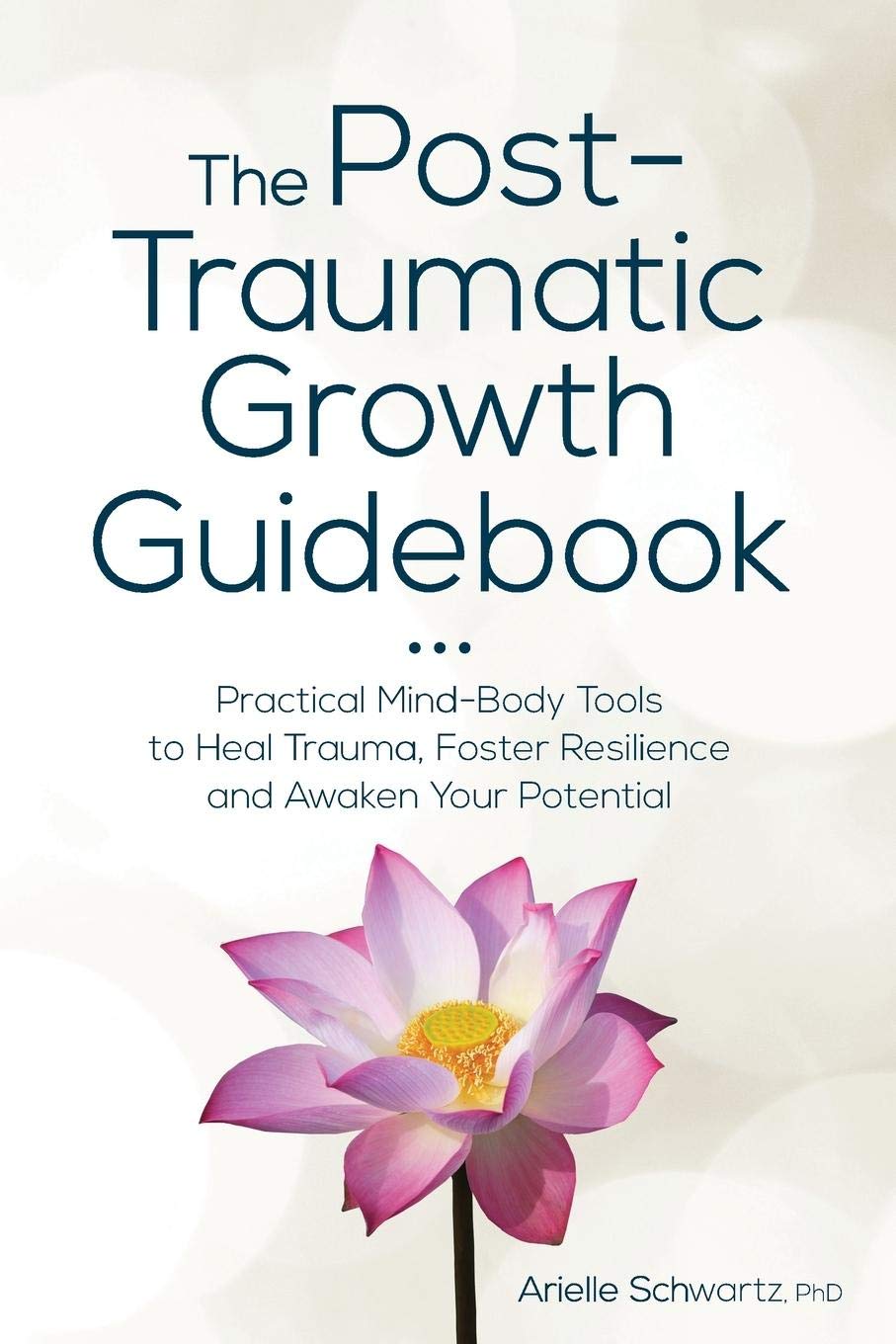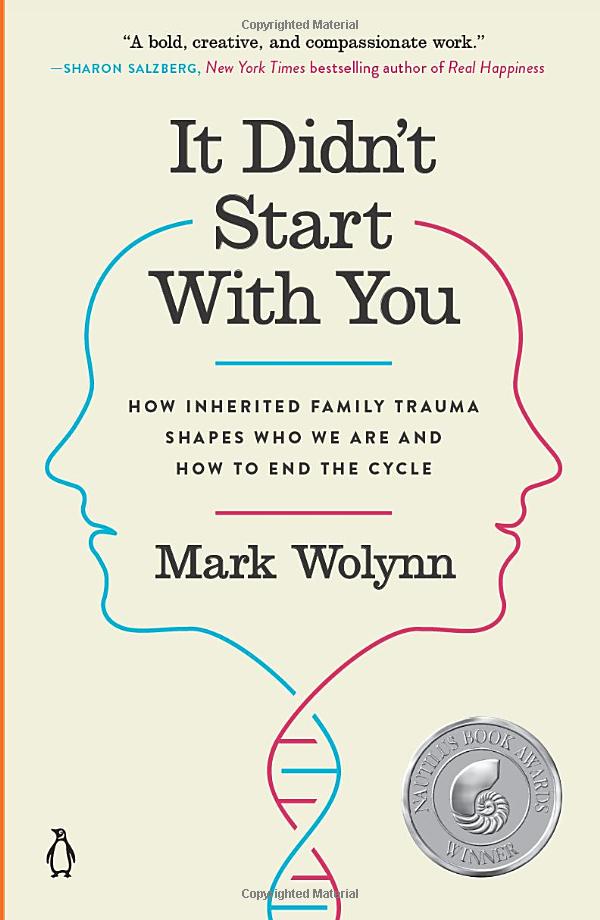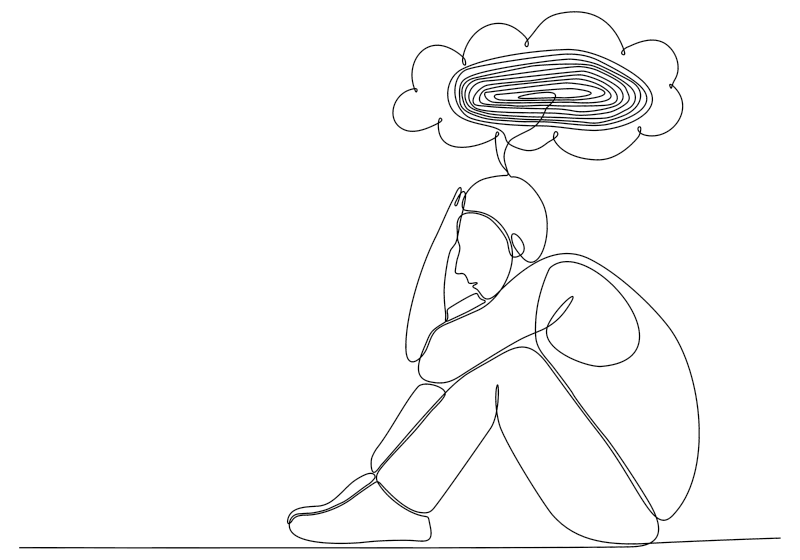 Trauma is defined as an event or series of events that overwhelms a person’s ability to cope, leaving emotional and psychological scars that last a lifetime. PTSD and CPTSD can develop as a result of a traumatic event, such as abuse, violence, natural disasters, or war.
Trauma is defined as an event or series of events that overwhelms a person’s ability to cope, leaving emotional and psychological scars that last a lifetime. PTSD and CPTSD can develop as a result of a traumatic event, such as abuse, violence, natural disasters, or war.
PTSD and CPTSD symptoms can be incapacitating and disruptive to daily life. Flashbacks, nightmares, avoidance of triggers, hypervigilance, and feelings of shame, guilt, and fear are all possible. Recovery from trauma and its consequences, on the other hand, is possible with a combination of approaches that address the physical, emotional, and psychological aspects of healing.
Therapy, such as cognitive-behavioral therapy, exposure therapy, and eye movement desensitisation and reprocessing (EMDR), is frequently an important part of the healing process. Medication can also help with symptoms like anxiety and depression. Furthermore, self-care practises like exercise, mindfulness, and journaling can help people manage their symptoms and build resilience.
Recovering from trauma is a journey, and each person’s path to healing is unique. Confronting and processing past trauma can be difficult, but with the right support and tools, individuals can overcome the effects of PTSD and CPTSD and move forward with a sense of hope and empowerment.

